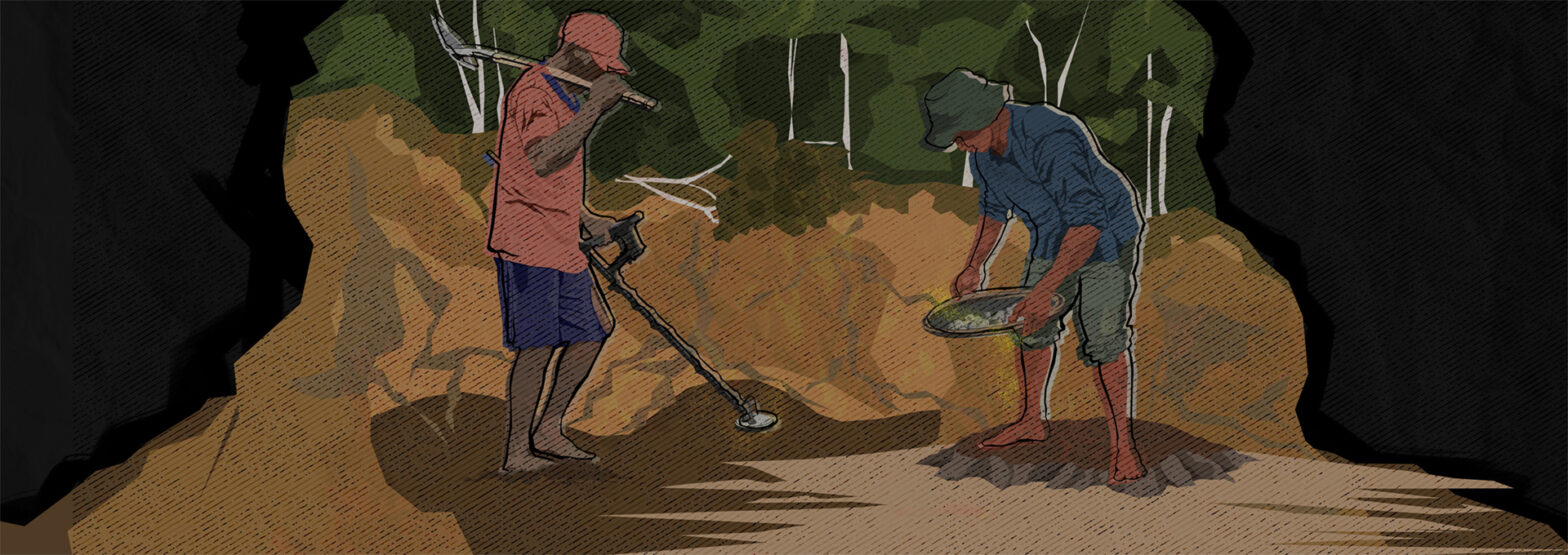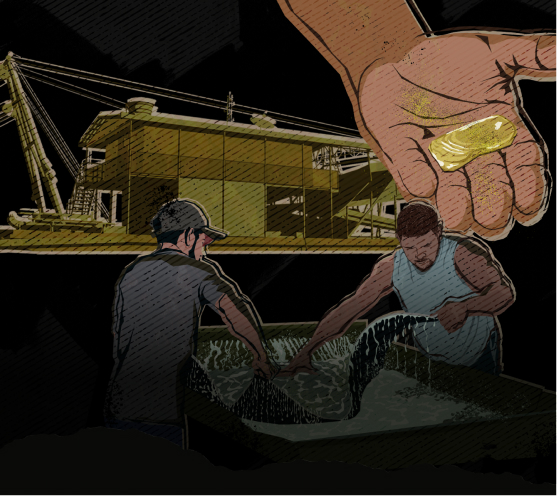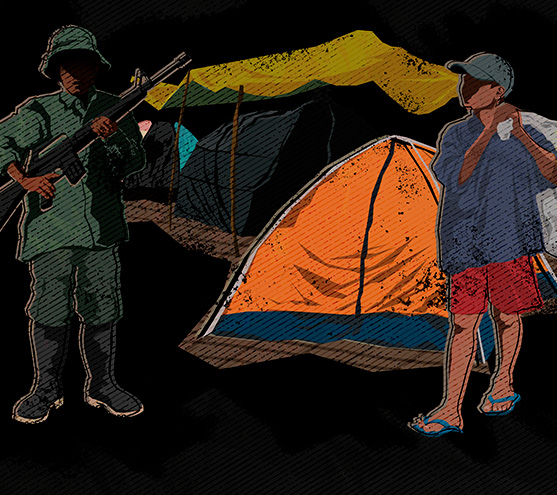The Amazon, the largest rainforest in the world, is also a source and transit point for illegally extracted jungle resources and narcotics. As criminal economies expand, violence and deforestation worsen
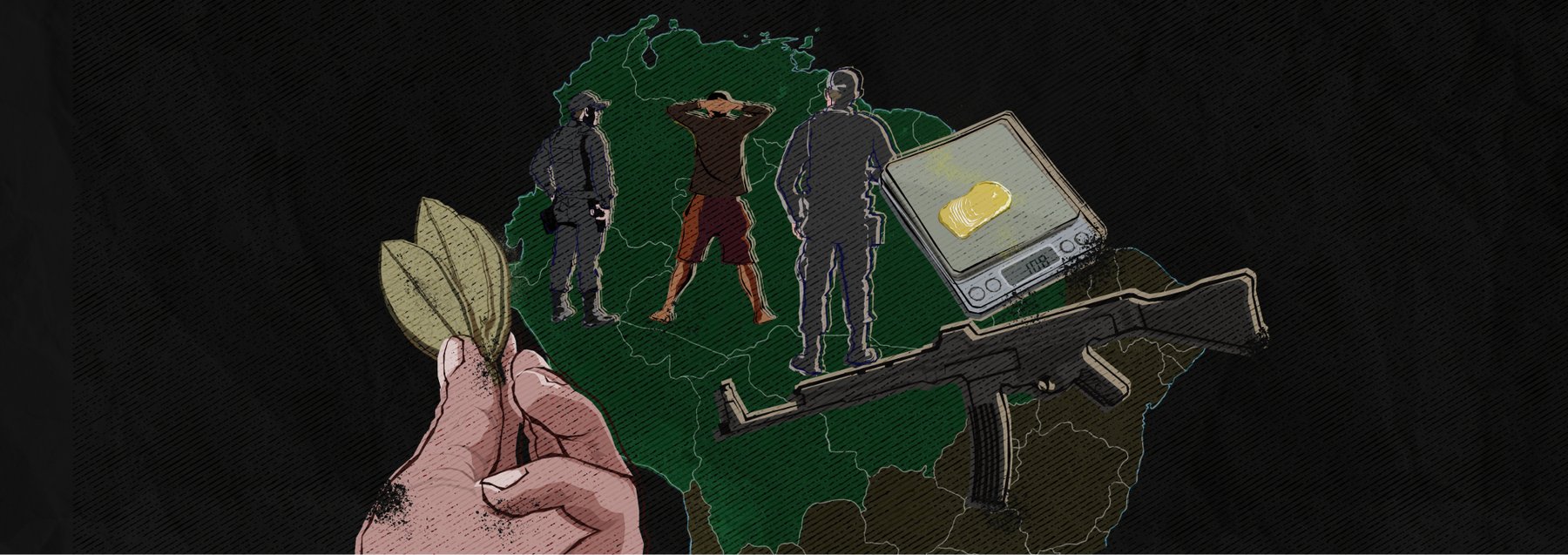
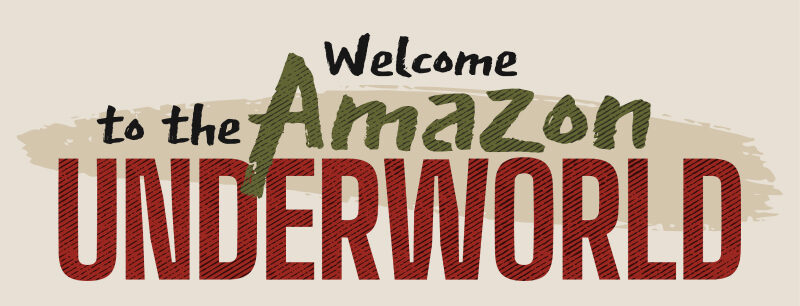
3 August 2023
The Amazon, the largest rainforest in the world, is also a source and transit point for illegally extracted jungle resources and narcotics, linking nine countries together.
As criminal economies expand, violence and deforestation worsen, and the Amazon and its communities face an existential threat.
Beneath the lush canopy of the world’s most biodiverse ecosystem, a darker reality lies hidden behind the natural splendor. A labyrinth of thousands of rivers allows criminal groups to move freely, while the dense forest cover enables them to evade detection.
The remoteness and lack of infrastructure cause a profound disconnect between Amazonian communities and capital cities. Historically neglected by their governments, entire regions and populations are left isolated and excluded.
Porous and difficult to control, borderlands are marked by an obscure convergence of guerrilla movements, criminal startups and multinational organized crime.
Armed groups, drug traffickers and illegal miners encroach on or invade protected areas and Indigenous territories. In some places, park guards have been forced to abandon their posts.
Some Indigenous communities rent their land for drug crops or mining. Those who resist risk assassination. Despite efforts to protect the Amazon and its Indigenous and traditional peoples, criminal groups have seized control of remote regions.
This is the Amazon underworld, where cycles of crime and destruction are fueled by a multibillion-dollar illegal trade in drugs, gold and arms.

CRIMINAL & ARMED GROUPS
Certain criminal groups, such as Colombian guerrillas and the Manaus-based crime organization Familia do Norte, have a long history in the Amazon. In recent years, however, there has been a notable surge in the presence of other criminal groups in the region.
Countries closed their borders during the COVID-19 pandemic, but criminal enterprises know no international boundaries and increased their control while governments limited their actions in the Amazon.
Remote borderlands have become havens where criminal networks interact, engage in illicit trade, fuel conflicts, cross borders to evade law enforcement, and expand their illegal economies.
One example is the triple border shared by Colombia and Peru, the world’s two largest producers of cocaine, and Brazil, which is both a significant consumer market and a crucial transit area. In this region, the Amazon River is the starting point for the shipment of cocaine to port cities along Brazil’s Atlantic Coast. From there, the drugs are distributed to markets in Europe, Africa and the Middle East.
One Colombian crime boss says that country’s Amazon borderlands are a hotbed for organized crime: “This is a warehouse, a Persian market. You can get everything from a .38-caliber gun to a surface-to-air missile here in the Amazon.”
With the future of the Amazon at stake, criminal groups launder their profits through land speculation and seemingly legal activities like cattle ranching. The process destroys Amazonian forests and ensnares Indigenous and other traditional communities in spiraling cycles of violence.
In this project, we delve into the crime dynamics of the Amazon underworld to explore the social, cultural and environmental consequences of illicit economies that are leaving indelible impacts on the region.
Collaborating across borders and using qualitative and quantitative research methods, our journalists have mapped armed groups, criminal organizations and illicit economies in the Amazon borderlands of Bolivia, Brazil, Colombia, Ecuador, Peru and Venezuela.
You can explore this data in the map below.
After 15 months of field reporting and data analysis, using satellite images and building new databases, 37 journalists and media professionals from 11 countries immerse you in the Amazon underworld in these eight in-depth stories:
Amazon Underworld is a joint investigation of InfoAmazonia (Brazil), Armando.Info (Venezuela) and La Liga Contra el Silencio (Colombia). The work is carried out in collaboration with the Pulitzer Center’s Rainforest Investigations Network and financed by the Open Society Foundation, the U.K. Foreign, Commonwealth & Development Office and the International Union for Conservation of Nature (IUCN NL).


